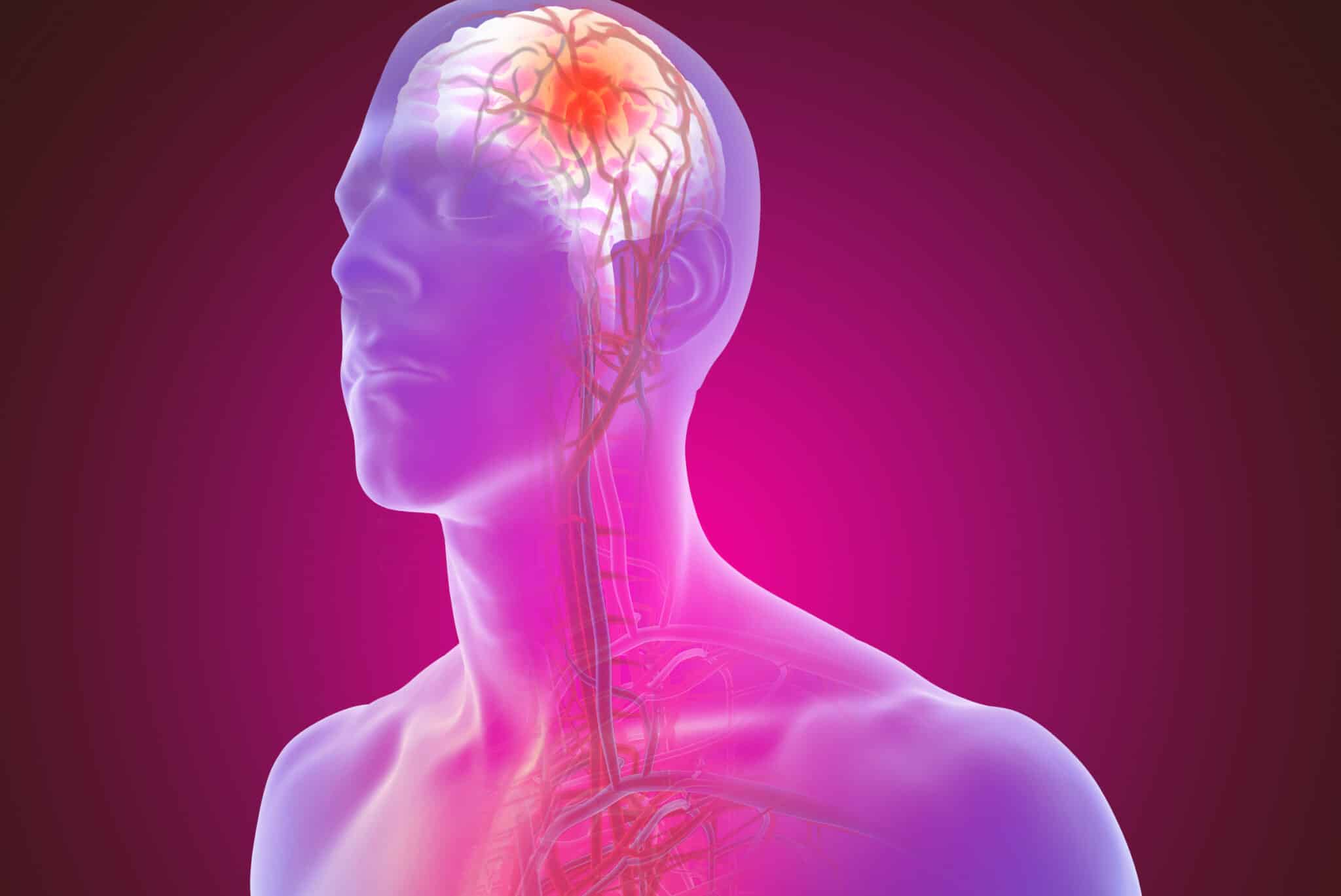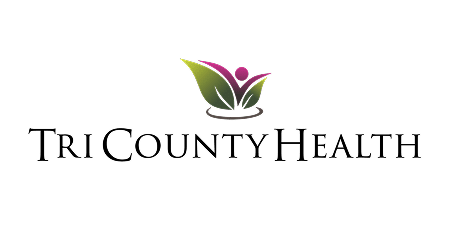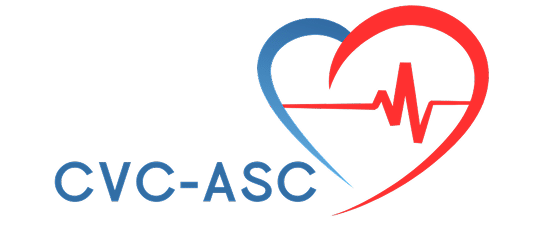
When the blood flow to your brain is compromised, it is called a stroke. Time is very important when someone is having a stroke because treatment may be able to save their life. It is important to know the signs of a stroke so you can get help right away.
Our team of cardiologists at Cardiac and Vascular Consultants in Florida can explain what to look for and what measures to take if you or someone you know is having a stroke.
Signs of a Stroke
Learning to identify the signs of a stroke can potentially save your life or the life of a loved one. The following seven signs can indicate that a person is having a stroke:
- Facial drooping (and potential numbness on the face)
- Difficulty speaking (slurred speech)
- Confusion
- Blurry vision (unrelated to an established vision problem)
- Severe headache (often described as “the worst headache of your life”)
- Dizziness and loss of coordination
- Nausea and vomiting
When Is a Stroke an Emergency?
The American Stroke Association created the FAST protocol to help people quickly determine if the symptoms they are witnessing warrant a 9-1-1 call. The FAST protocol stands for:
F: Facial drooping
A: Arm weakness (can’t raise arms or wave)
S: Speech troubles, such as slurred speech or trouble talking
T: Time to call 9-1-1.
If you experience any of the symptoms, such as dizziness, it is important to seek medical attention immediately. While some of these symptoms can be related to other conditions, strokes require urgent medical care. Therefore, it is better to be safe and get medical help right away if you think you or someone you know may be having a stroke.
Treatments
Depending on the type of stroke, the necessary treatment may vary. However, the eventual goal for all treatments is to allow for proper blood flow to resume in the brain.
If you experienced an ischemic stroke (one of the most common types of strokes), the treatment might involve an IV injection of either tPA or alteplase. These work to break up the blood clot that is blocking blood flow to your brain.
Other emergency treatments for ischemic strokes that you might receive at the hospital include intra-arterial thrombolysis (IAT) and removal of the clot using a stent retriever. If you have a hemorrhagic stroke, you may receive medications and even surgery to lower the pressure in your brain.
How to Prevent Future Strokes
If you have already had a stroke, your risk of having another one increases. About 25% of survivors have another one within five years. Even if you receive emergency treatments or surgeries, you may still benefit from additional treatment to prevent future strokes from occurring.
Some of the best things you can do to prevent a stroke are to treat any underlying conditions that increase your risk of having one. These conditions include heart disease, high blood pressure, high cholesterol, and diabetes.
Taking Care of Your Cardiovascular Health
For expert guidance towards improved heart health, contact our specialists at Cardiac and Vascular Consultants in Florida. Please call us at +1 352-633-1966 or visit our website to schedule an appointment. Your health is our top priority!


